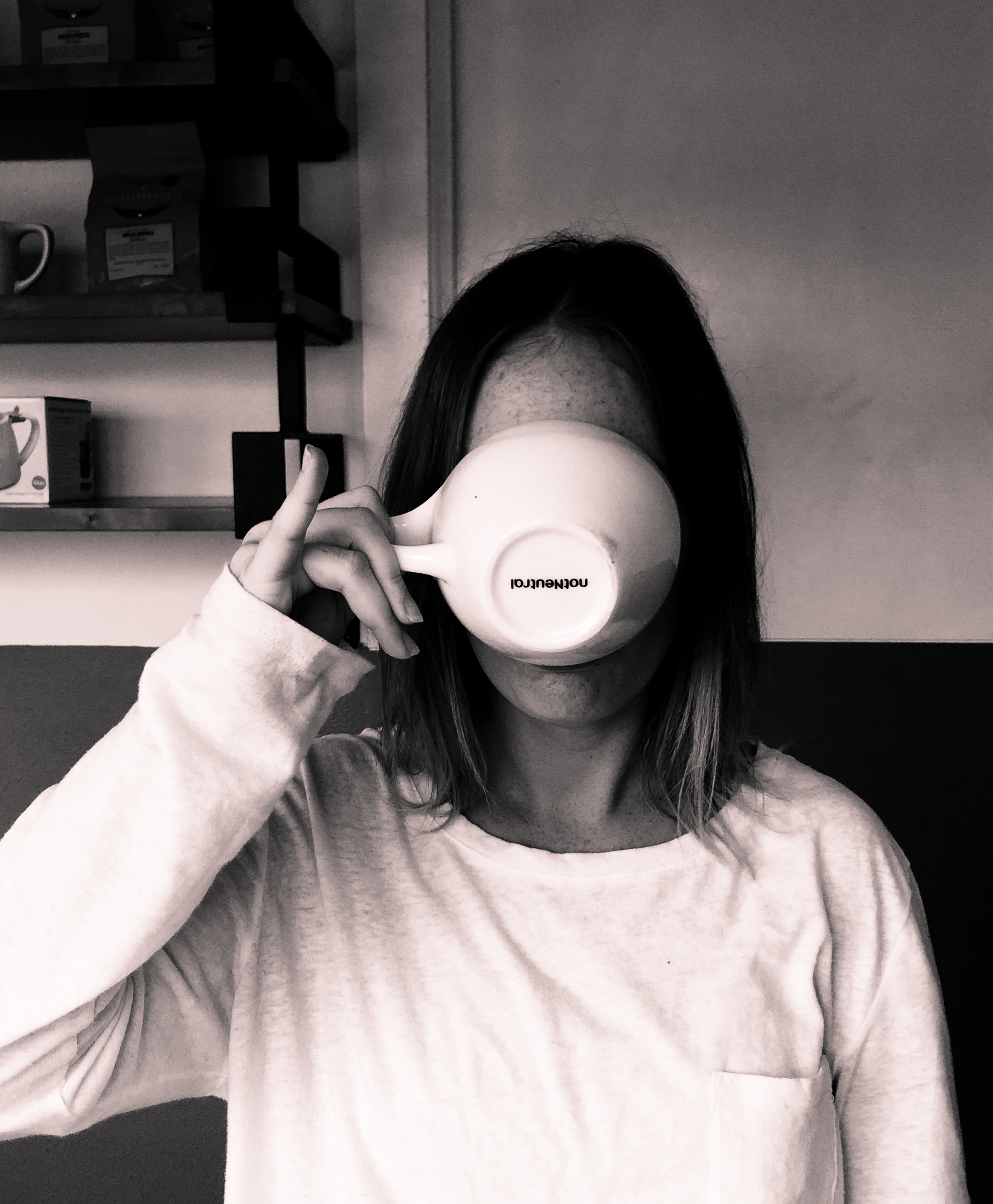How Goes Your Creative Process?
While the specifics of your creative journey are yours and yours alone, there is a basic sequence of phases that most of us go through in the creative process. Whether you are creating visual content, a song, planning a business strategy, or solving a personal problem, it’s important to be aware of the different phases that are commonly experienced, so that when faced, can be dealt with clarity and confidence.
Preparation: gather info & go
So you’ve thought of a great idea and know what you want. You gather information and figure out what you need to do to get there. Everything seems fairly clear, and you are optimistic that achieving your goal can be reached.
A practical exercise worth doing after the Preparation phase: What are some things that could go wrong or bring your process to a halt? Be prepared for the worst and hope for the best.
Frustration:
All of a sudden, there’s a phase that can stop you in your tracks. An unanticipated ‘catch’ in the process. Even though this phase can make you feel as though the end goal is out of reach, it is in fact an absolutely necessary challenge to your creativity. Why? Because it forces you to find an alternative formula and pushes you to discover your strengths and talents - some of which you may not know you had.
Frustration will be present, but pushing past the temporary ‘catch’ is necessary for you to move forward on your journey.
Incubation:
The search for a new approach to your objective may show itself in different forms. There may be days where you feel like giving up on the task entirely and turn to something else, but the issue is still brewing inside, even though you aren’t proactively doing something about it.
This is the process of incubation and is described by many people as the process related to intuition and insight. It is also the phase in which your chances of problem solving are substantially increased. All of the information you have gathered in PREPARATION is sitting in the back of your mind. The Incubation process is different for everyone, in that the length of time someone is in this phase varies from person to person. It could take days, weeks, months, or sometimes even years to come up to the surface with a ‘Eureka!’.
Do your best not to sit around and wait for your ‘Eureka!’ moment to come to you. If you truly believe you have no control over the incubation, that suggests that there is nothing for you to do to encourage creativity. Sitting and waiting may not ever bring you your muse.
[Strategization:]bold)
Another important part of surpassing the incubation phase is keeping a written or video journal of the particular challenge(s) you’re trying to resolve. This exercise will help you find a number of strategies to deal with the challenge. It could be making a list of pros and cons, writing a detailed plan, asking others for moral support and advice, self reflection, exercising or meditation. Change your environment for a day and allow yourself to brainstorm new ideas. Trying at least one of the above exercises will invite creativity into your mind and lead to a breakthrough. Take a proactive approach!
Illumination:
The breakthrough, the moment the creative ideas occur suddenly. Collectively incubating and strategizing leads to this phase, and the excitement and illumination of your breakthrough is usually accompanied with a sense of glory that you have now discovered a way to overcome your challenge. Also known as the Aha/Eureka! experience.
Verification:
Test your new idea and make it real. See how others react to it. Verification is the last phase and imperative for a couple reasons; firstly, you can take your new idea for a test drive and receive reaction and feedback from others. Secondly, your idea is now real and ready to proceed, moving forward with a sense of wisdom. This phase can often bring you back to level ground and be better prepared for the next time you face a challenge.
In addition to acquiring strategies throughout the process based on intellectual, emotional, physical and spiritual exercises, also remember the following guidelines:
Have faith in yourself and your creativity
Do not allow any negative judgement
Keep track of where you are in the process and be aware of your situations
If you do find yourself stuck at times, ask yourself questions that will help uncover the answers you need. What do you know about the challenging situation? What were to happen if you were to try something different? What do you need to figure out?
You are on the right track if you notice when you have each phase going on in your life. The more attention you pay to the process, the more natural it will become.
